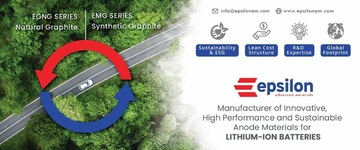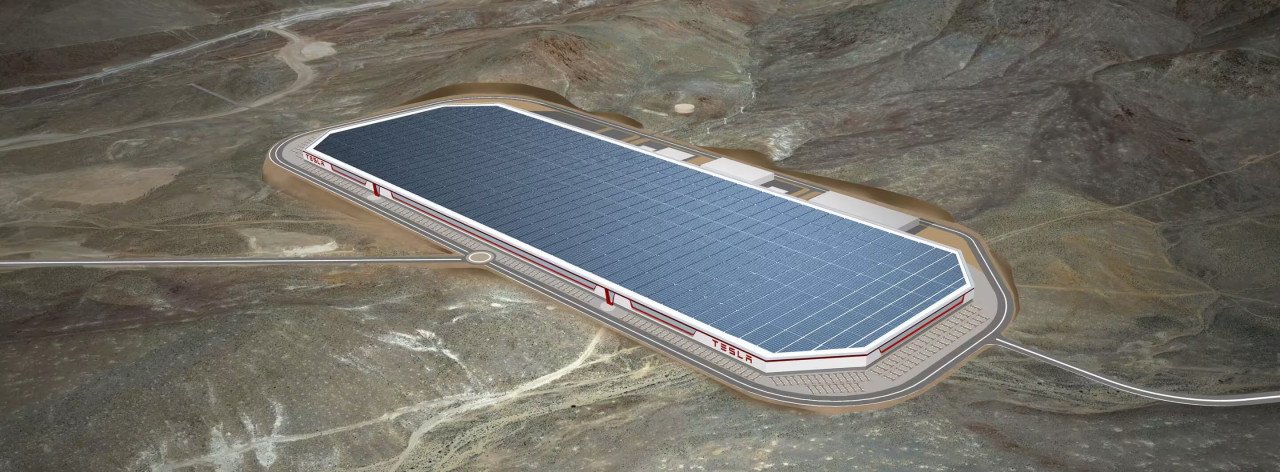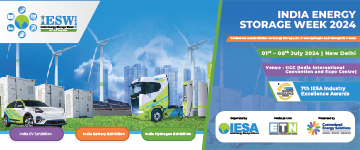The dawn of a defining epoch
It is with great pleasure I share with you all that India has finally entered the global race for Giga factories. The month of May has been monumental, but the biggest announcement unquestionably has been the Union Cabinet's nod for the implementation of the Production- Linked Incentive (PLI) scheme 'National Programme on Advanced Chemistry Cell (ACC) Battery Storage'. This program looks to achieve a manufacturing capacity of 50GWh of ACC and 5GWh of 'niche' ACC, with an outlay of Rs. 18,100 crore in India. India Energy Storage Alliance (IESA) would like to thank PM Narendra Modi, Niti Aayog, DHI, and all the other stakeholders involved.
IESA is confident that with the incentive program approved, the Indian industry can respond positively and help put India on the global Giga factory map within the next 2-3 years. It is crucial that along with the 4-5 Giga factories, we also focus our efforts on developing the supply chain for these Giga factories from the start. IESA is already working with over 30 companies that can play a critical role in establishing the raw and processed material supply chain. While the majority of the attention is on the 50GWh program with 5 GWh minimum capacity, I am excited with approval of additional 5 GWh niche technology program, where the individual facility can be built with 0.5 GWh capacity, this will enable next-generation technologies to establish a foothold in India and drive the R&D collaboration with many research institutions that are ready with facilities, thanks to supporting from DST. We are also initiating an effort to develop a vision for 2035 for the industry to build on the initial 50 GWh capacity that is anticipated to start production by 2027-28. Considering the exponential growth for both stationary and e-mobility segments, we propose a target of 100 GWh by 2030 and 500 GWh + by 2035.
While the investors are enthused by Cabinet's decision on PLI, another positive development has been the inclusion of energy storage under secondary and tertiary reserves with performance-based incentives in the Central Electricity Regulatory Commission's draft Ancillary Services Regulations issued on May 29. This is an exciting development, as such demand-side policies are essential for boosting industry confidence and encouraging companies to take the plunge into investing in battery manufacturing.
The energy storage sector, we strongly believe, has what it takes to make the 'Make in India' lion roar.
Along with these measures, we believe R&D, skill development, securing critical material, and new models exploring financing will go a long way in the successful implementation of the ACC Battery Storage program. I reckon the PLI Scheme is not just a major step for 5-6 companies that will set up Giga factories but will be a giant leap India wishes to take towards making India a global hub for R&D, manufacturing, and adoption of advanced energy storage & EV technologies. The energy storage sector, we strongly believe, has what it takes to make the 'Make in India' lion roar.
























